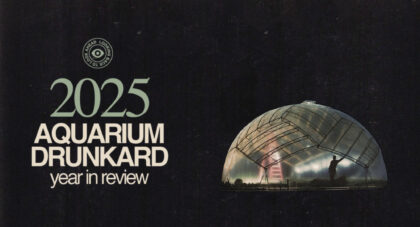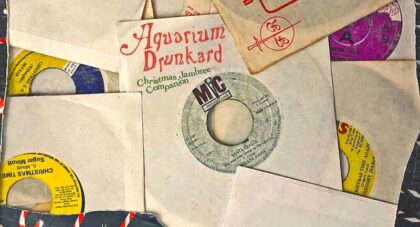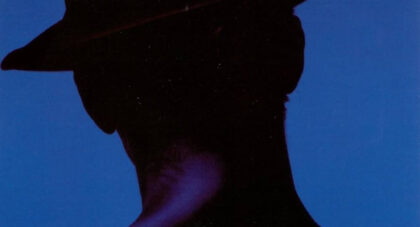Greg Cartwright had pretty much invented a certain kind of rowdy, country-blues garage rock by the time he was a teenager playing with the Compulsive Gamblers and then the Oblivians. We caught up to discuss his latest album, A Little More Time With Reigning Sound, what it’s like to have the original band together again and the difficult, occasionally harrowing circumstances, that knocked these songs loose and into the world . . .
Only the good shit. Aquarium Drunkard is powered by its patrons. Keep the servers humming and help us continue doing it by pledging your support.
To continue reading, become a member or log in.


